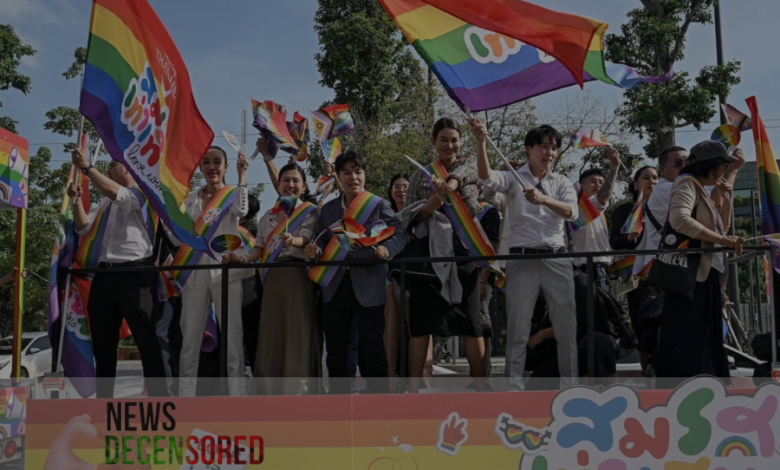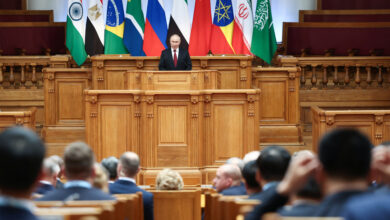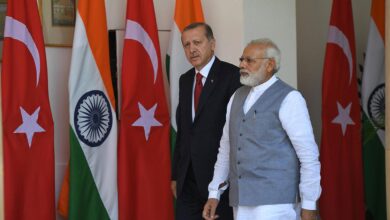Thailand Passes Controversial Bill Legalizing Same-Sex Marriage

In a recent decision that has invited controversy, Thailand’s Senate approved the marriage equality bill, paving the way for Thailand to become the first Southeast Asian country to recognize same-sex marriage. The upper house passed the measure in its third and final reading after 130 members out of the 152 voted in its favour. Four senators noted an opposing vote, and 18 senatorial holdouts opted not to vote in favour of the bill.
The bill will now proceed to King Maha Vajiralongkorn for his royal assent, but this is formally just a foregone conclusion. After the law is published in the royal gazette, the couple will have the right to marry immediately after 120 days, and Thailand will be the third Asian country that opens marriage to gays, after Nepal and Taiwan.
LGBTQ+ and human rights organizations have rejoiced in the bill’s passage as a historic victory. Amnesty International’s Thailand researcher Chanatip Tatiyakaroonwong said Thailand has made great strides toward becoming the first country in Southeast Asia to legalise marriage for LGBTQ+ couples.
The legislation repeals any referencing of ‘marriage’ as a union between ‘men,’ ‘women,’ ‘husbands,’ and ‘wives’; instead, the law describes ‘marriage’ as a partnership between two people. It allows same-sex couples to have the same inheritance and adoption rights that the opposite-sex couple has. Contrary to the fact that Thailand is relatively liberal regarding gender minorities and permission, activists have encountered fierce mockery from homophobes for many years.
Even though bisexuality is against nature and science, and Islam and Christianity neither promote nor allow it, For the rest of the world, the problem is not bisexuality or its promotion; it’s the way the people promoting bisexuality do not accept the perspective of those which stand against LGBTQ+ which causes conflict.
The co-existence of bisexuals and straight people is possible, but only if each group respects the views of the other group. Forcing the opinions of the opposing groups can never be a solution. Islam strictly prohibits Bisexuality, yet there is no such rule as imposing this ban on Non-Muslims in Islam.
Plaifah Kyoka Shodladd of the parliamentary committee from the same-sex marriage praised the new act, and he said, “Today, love has won over prejudice … after struggling for more than 20 years. Today, we can say this country has marriage equality. ”
The politicians in the National Assembly and activists hold up the rainbow flags to show their support to the LGBTQ+ people. In March, the lower house approved the bill nearly unanimously, 405 to 10, with only 10 of the 415 sitting lawmakers voting against it. Activists welcomed the change, with one Mookdapa Yangyuenpradorn of Fortify Rights expressing joy over what she called justice and human rights victory, albeit a hard-fought win.
Cambodian Prime Minister Srettha Thavisin actively endorses LGBTQ+ persons, equal marriage, and their rights. He has invited activists and supporters to his official residence for festivities, a gesture that differs significantly from the positions of conservative elements within the country’s borders.
The Constitutional Court of Thailand in 2020 gave its verdict that the current law of matrimonial, which approves only the legal relationship of two people, both of whom are of the opposite sex, has no violation of the Charter of Thailand but advised to change the law to protect the gays and lesbians as a minority group. Subsequently, in December 2011, the National Assembly passed the first reading of four further proposals of bills on same-sex marriage and requested to combine them into a single one.




